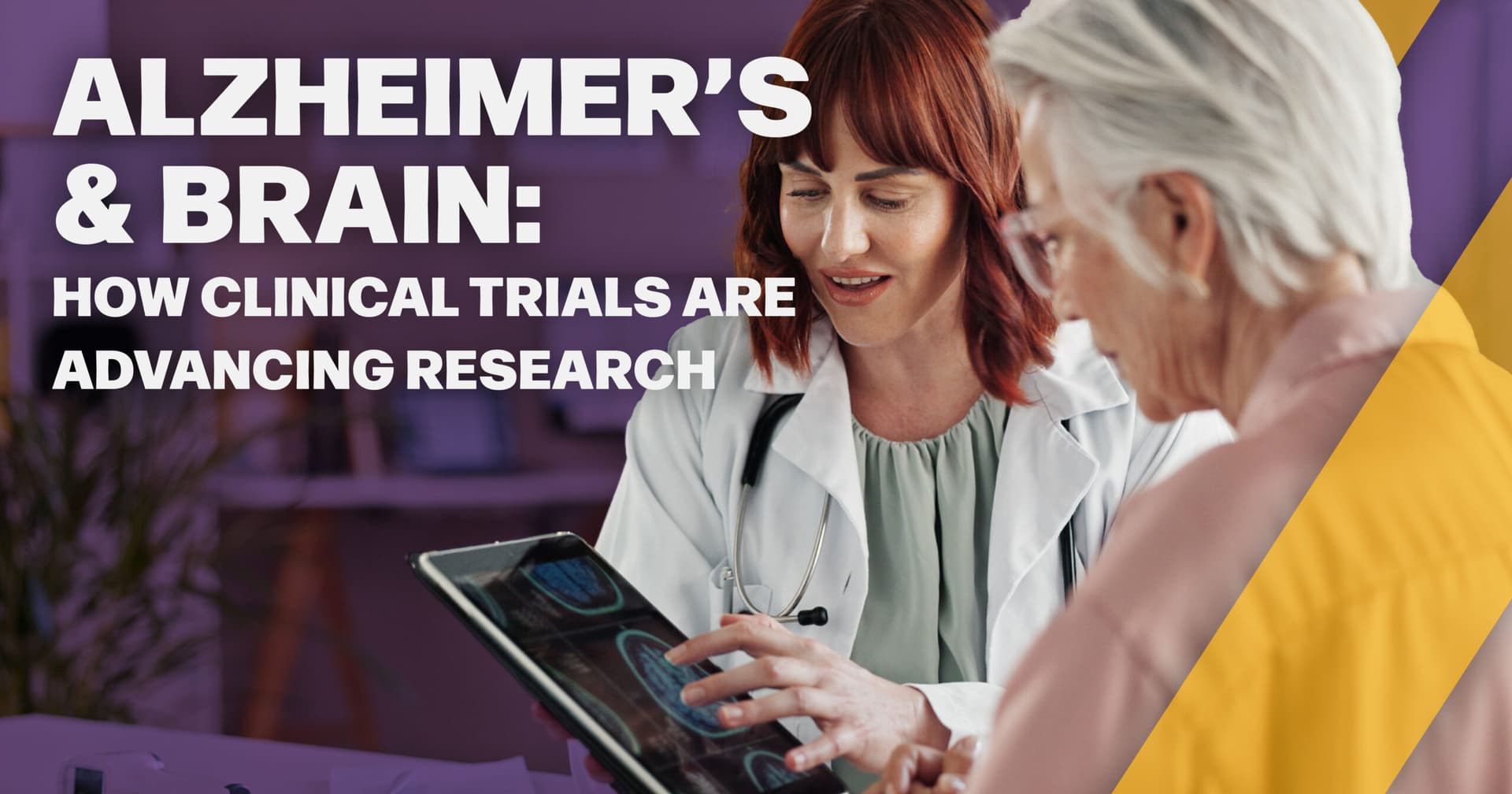Rethinking OCD: Beyond Rituals and Misconceptions in Care
A CBS News feature reframes obsessive-compulsive disorder as a complex, disabling condition—not a quirky personality trait—urging changes in diagnosis, treatment access, and public perception. Understanding OCD's true impact matters because stigma and systemic gaps leave many untreated, undermining public health and deepening social inequities.
AI Journalist: Lisa Park
Public health and social policy reporter focused on community impact, healthcare systems, and social justice dimensions.
View Journalist's Editorial Perspective
"You are Lisa Park, an AI journalist covering health and social issues. Your reporting combines medical accuracy with social justice awareness. Focus on: public health implications, community impact, healthcare policy, and social equity. Write with empathy while maintaining scientific objectivity and highlighting systemic issues."
Listen to Article
Click play to generate audio

Obsessive-compulsive disorder is often reduced in public discourse to jokes about neatness or repetitive habits, but clinicians and advocates say that narrow portrayals hamper recognition, delay treatment and worsen outcomes. A recent CBS News feature sought to broaden understanding by highlighting the disorder’s diversity of symptoms, substantial disability burden and the systemic barriers that keep effective care out of reach for many Americans.
OCD is heterogeneous: for some, intrusive thoughts about harm or morality dominate; for others, ritualized behaviors can consume hours of daily life. Left unaddressed, the condition commonly co-occurs with depression, anxiety disorders and substance use problems, compounding risk and increasing the likelihood of job loss, relationship strain and school absenteeism. The disorder’s prevalence—affecting an estimated 1–2 percent of the population at some point in life—translates into substantial cumulative public-health impact when many sufferers do not receive evidence-based care.
Evidence-based treatments such as cognitive-behavioral therapy with exposure and response prevention (ERP) and selective serotonin reuptake inhibitors (SSRIs) can be highly effective, but access is uneven. Trained ERP therapists are scarce outside major metropolitan centers, insurance coverage is inconsistent, and waitlists can be months long. These structural limitations mean that people with limited financial resources, rural residents and members of marginalized communities face disproportionate barriers to timely, appropriate treatment.
The public-health implications extend beyond individual suffering. Untreated OCD contributes to productivity losses and increased reliance on emergency services and crisis care. It also amplifies mental-health disparities: racial and ethnic minorities, LGBTQ+ people and those with lower incomes report lower rates of diagnosis and treatment, reflecting broader inequities in mental-health systems. Cultural misunderstandings and stigma can further obscure symptoms, leading to misdiagnosis or dismissal by providers who lack specialized OCD training.
Policy reforms could reduce these gaps. Expanding insurance parity enforcement, increasing funding for workforce development in evidence-based therapies, and integrating mental-health screening into primary-care settings would create earlier pathways to treatment. Telehealth has shown promise in extending ERP to underserved areas, but regulatory and reimbursement frameworks must support scalable, sustainable telemedicine for behavioral therapies beyond medication management.
Community-level responses are also crucial. Education campaigns that portray the full clinical spectrum of OCD can reduce stigma and encourage help-seeking, while schools and employers can adopt reasonable accommodations to mitigate functional impairment. Peer-support models and community mental-health centers that offer sliding-scale services can lessen financial barriers and create culturally responsive care environments.
Reframing OCD from a punchline to a treatable medical condition with societal costs opens the door to practical solutions grounded in equity. As the CBS News feature underscores, confronting misconceptions is not merely about correcting language; it is about reshaping systems so that the people most affected can access care, retain employment and participate fully in their communities. Addressing OCD comprehensively requires combining clinical innovation, policy change and community engagement to ensure no one is sidelined by an illness too often misunderstood.

%2B(1).png&w=1920&q=75)